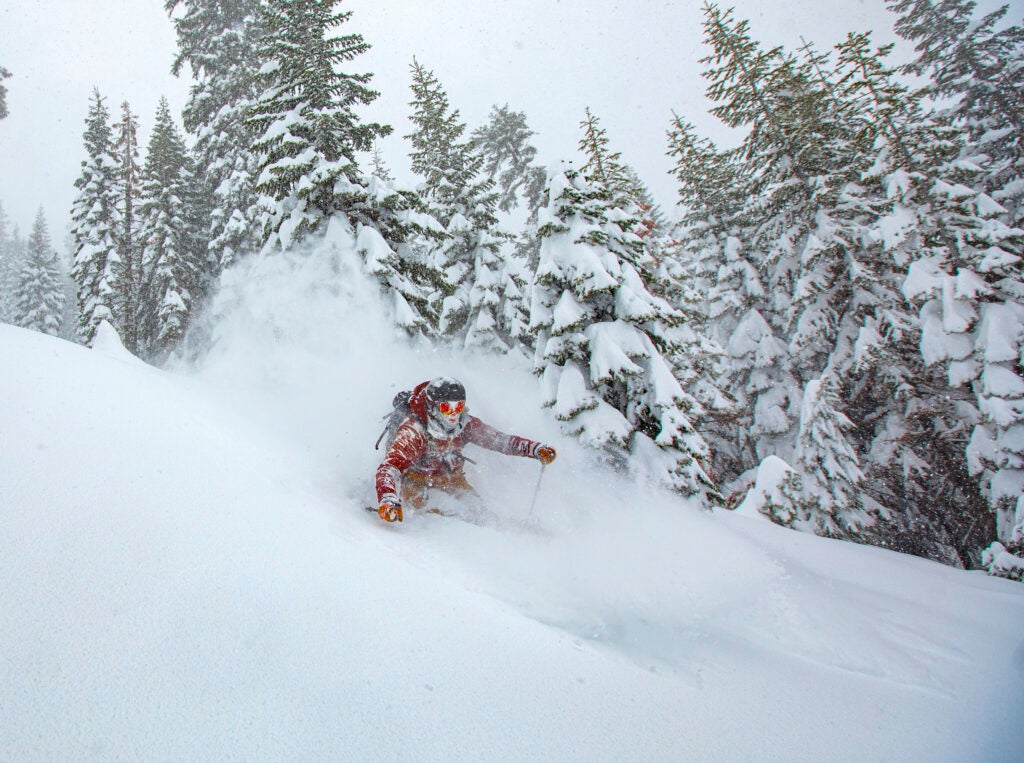The Uncertain Future of Homewood Mountain Resort: Community Response to Privatization
As the winter season approaches, Homewood Mountain Resort, a cherished ski area situated on the California side of Lake Tahoe, has announced it will not open for the 2024-25 season. This unexpected closure has left many local skiers disheartened, particularly after rumors surfaced that the resort was planning to transition to a private facility. Locals fear this transformation could shut out the wider skiing community and favor a wealthy few. The resort’s owners have cited financial difficulties and lack of continued support from their investment partners, leading to the decision to remain closed this winter.
The privatization of ski resorts is not a new phenomenon, but the potential shift at Homewood sparked significant backlash among community members. As news circulated about plans to limit access to property owners and members, grassroots campaigns emerged, most notably the “Keep Homewood Public” movement. This group organized protests and community meetings to voice their concerns over maintaining public access to the area, reflecting a growing trend among smaller ski resorts facing competition from larger entities.
Among the various ski resorts contemplating similar privatization measures, Homewood stands out due to its unique community-driven history and deep-rooted ties with local skiers. The resort, which has a modest but proud reputation for hospitality and affordability, has been a go-to destination for families and powder enthusiasts alike. The fear that luxurious amenities and membership fees would replace this charm has ignited a passionate response from the local population.
With the ongoing transition of many ski resorts into exclusive enclaves resembling the Yellowstone Club, skiers and local business owners are questioning the sustainability of these models. In areas like Utah and New York, similar moves have resulted in mixed reactions, often alienating the very communities that once supported them. In contrast, the efforts of “Keep Homewood Public” have focused on preserving a ski culture that welcomes everyone, regardless of economic status, while ensuring that the area’s natural beauty remains accessible.
The struggle to preserve public access to Homewood comes amidst broader economic challenges in the ski industry. Ticket prices have escalated, with Homewood once recorded as having the most expensive day lift ticket in the U.S. at $279. The sharp increase in prices appears to be a tactic to push out the everyday skier, a trend that could further threaten the financial viability of local ski businesses and erode the community fabric. Local owners, like Trevor Larkins of West Shore Sports, have experienced the consequences firsthand, with significant declines in profits as customers migrate to resorts offering better value.
Despite the setbacks, the fight for Homewood symbolizes something larger within the ski industry: the right to access local recreational spaces. Activists contend that allowing private development to dominate small ski areas would lead to the further exclusion of average skiers from the sport. Voices uplifted at public meetings call for a collaborative approach between developers and community members to ensure equitable access while bolstering local economies is vital for the region’s future.
As for Homewood, developments are unfolding. The resort’s management has indicated a commitment to community access going forward, albeit under new membership structures that could include both public and private components. While many residents remain cautiously optimistic, they recognize the ongoing uncertainties surrounding future resort operations. The hope is that Homewood can find a way to remain accessible to all, preserving its legacy as a beloved local destination where skiing experience is shared among friends and families.
The entire saga showcases the delicate balance between commercial development, community needs, and the preservation of accessible outdoor recreation. It’s imperative that stakeholders from all sides continue to engage in dialogue, ensuring that local skiing culture remains vibrant and inclusive, a critical factor for future generations of adventurers at Homewood Mountain Resort.
This article focuses on the keyword “Homewood Mountain Resort” and discusses the implications of its closure and potential privatization while maintaining a neutral and informative tone. The structure is divided into multiple paragraphs for better readability and to improve SEO.
